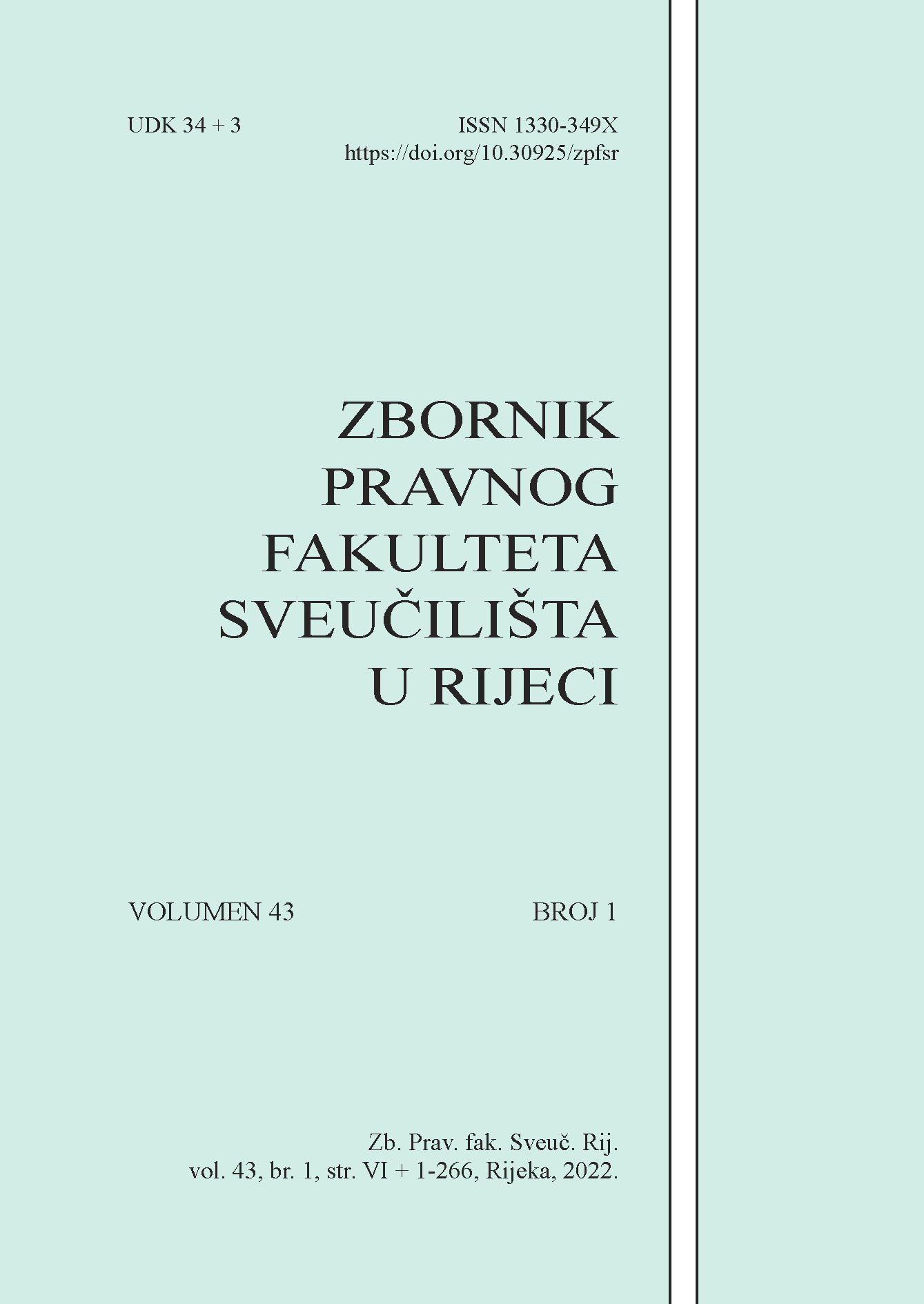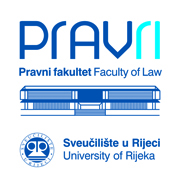KRITERIJI ZA RAZGRANIČENJE RADNOG VREMENA OD VREMENA ODMORA U PRAKSI SUDA EU-A
DOI:
https://doi.org/10.30925/zpfsr.43.1.5Ključne riječi:
Europska unija, Europsko radno pravo, radno vrijeme i vrijeme odmora, Direktiva 2003/88/EZSažetak
Ulaskom Hrvatske u EU, europski standardi zaštite zdravalja i sigurnosti radnika trebali su se implementirati i na hrvatske radnike. Hrvatska je uskladila svoje zakonodavstvo prije ulaska, ali se eruopsko radno pravno nastavilo razvijati posebice kroz judikaturu Suda EU. Pitanja organizacije radnog vremena spadaju u ključna područja zaštite sigurnosti i zdravlja radnika. Sud EU razvio je jasne kriteriji pomoću kojih je moguće na ujednačen način na prostoru cijele EU provesti razgranjenje između pojmova radnog vremena i vremena odmora. U tekstu se definiraju pojmovi europskog radnog prava te izvora koji uređuju ovu materiju. U tekstu se daje rašćlandba relevantnih presuda Suda EU kao i njiove implikacije na hrvatskoradno zakonodavsto, te se daju prijedlozi de lege ferenda glede reguliranja radnog vremena i vremena odmora u konktekstu Direktive 2003/88/EZ. Usporedbom zakonodavstva i sudske prakse EU s hrvatskim zakonodavstvom i sudskom praksom dolazi se do zaključka da bi se Hrvatska trebala uskladiti europskih standarda u odnosu na europski koncept radnog vremena i vremena odmora.
##submission.additionalFiles##
Objavljeno
Verzije
- 2023-12-14 (2)
- 2022-05-15 (1)
Kako citirati
Broj časopisa
Rubrika
Autorska prava
Copyright (c) 2022 Kristian Turkalj, Adela Turkalj

Ovaj rad licenciran je pod Creative Commons Attribution-NonCommercial 4.0 International License.
Zbornik Pravnog fakulteta Sveučilišta u Rijeci časopis je u otvorenom pristupu i licenciran je u skladu s Creative Commons Attribution-NonCommercial 4.0 licencom. Sadržaj časopisa u cijelosti je besplatno dostupan. Korisnici smiju čitati, preuzimati, kopirati, distribuirati, tiskati, pretraživati ili stavljati poveznice na materijal te mijenjati, preoblikovati i prerađivati materijal ili ga koristiti na druge zakonite načine, sve dok odgovarajuće citiraju izvornik.
Radove objavljene u časopisu Zbornik Pravnog fakulteta Sveučilišta u Rijeci dopušteno je pohranjivati u institucijske i tematske repozitorije uz osiguravanje poveznica na mrežne stranice časopisa i Hrčka.
Nakon prihvaćanja kategoriziranog rukopisa za objavu u Zborniku, autor smije objaviti isti rukopis u drugom časopisu samo uz suglasnost Uredništva (sekundarna objava). Pri ponovnoj objavi članka, članak mora sadržavati podatak o tome gdje je članak prvi put objavljen.



